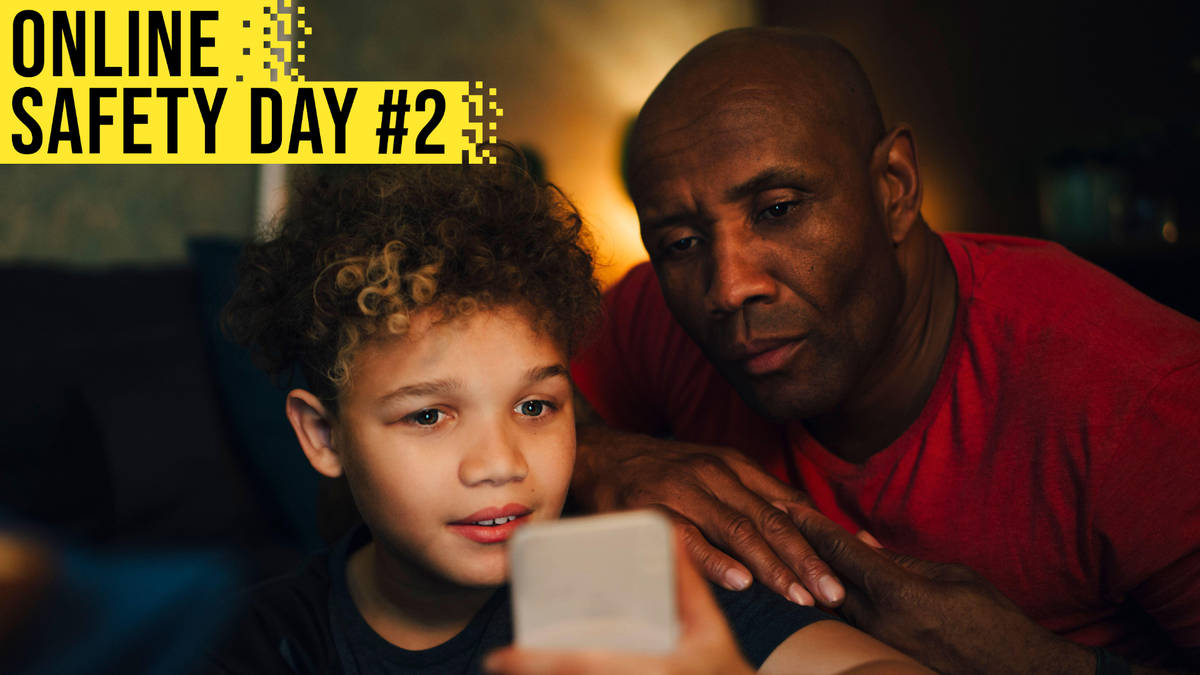So it’s natural that young people want one too, often before they’re truly ready. But short of introducing a smartphone driving test, it’s up to parents to decide when their child gets one and to show them how to use it.
September is a milestone month for young people, with millions starting secondary school with a smartphone in their pocket for the first time. Receiving a smartphone is a coming-of-age moment, yet, as we all know, it comes with risks. And I believe we all have a role to play in helping manage those risks.
As the parent of a teenager myself, I feel a strong instinct to guide and protect my child in every aspect of her life, including online. I try to parent through communication and education, but I won’t pretend it’s always easy. Even with the best intentions, seeing eye-to-eye with a young person seeking greater independence can be challenging, especially when it comes to technology.
I’ve spoken to countless parents, young people, and industry voices for their perspectives on youth smartphone ownership since becoming Consumer CEO at BT earlier this year.
This, combined with my years as a Vice Chair member of Canada’s mental health charity Kids Help Phone, has taught me that parents often feel outpaced by their kids when it comes to technology. Indeed, three in four parents struggle to keep up with the tech their children use. This is where I believe starting the conversation helps, especially with ever-changing technology.
To support parents, we created P.H.O.N.E. Chat, a digital guide to help families talk about smartphone ownership. Developed with online safety charity Internet Matters, it’s designed to give parents confidence that they’re getting trusted, expert advice.
They say it takes a village to raise a child; the same applies to our digital ecosystem. Only by working together can we ensure young people in our society are protected online. Whether that’s device manufacturers, social media platforms, government, or regulators, everyone has a part to play.
As the best network for families, EE has worked tirelessly to build initiatives that make a difference. For example, we recently became the first major UK network to launch smartphone plans for under-18s called Safer SIMs.
These plans include built-in content controls to block inappropriate content on websites accessed via the mobile network, and they’re designed to work with any smartphone. Which is important when over half (63%) of 11-year-olds are starting secondary school with a hand-me-down or refurbished handset.
As technology evolves, our digitally native children are set to be the quickest to adapt. It remains important for the industry to maintain momentum on protecting children online.
The UK is leading the world in many ways. But no amount of regulation or innovation will dissolve the critical role of keeping the conversation going. Not just between parents and children, but across the entire digital ecosystem.
From tech companies to policymakers, educators to regulators, we must continue working together to ensure young people are supported, empowered, and safe in their online lives.
____________________
Claire Gillies is CEO at BT Group’s Consumer Division.
LBC Opinion provides a platform for diverse opinions on current affairs and matters of public interest.
The views expressed are those of the authors and do not necessarily reflect the official LBC position.
To contact us email opinion@lbc.co.uk

